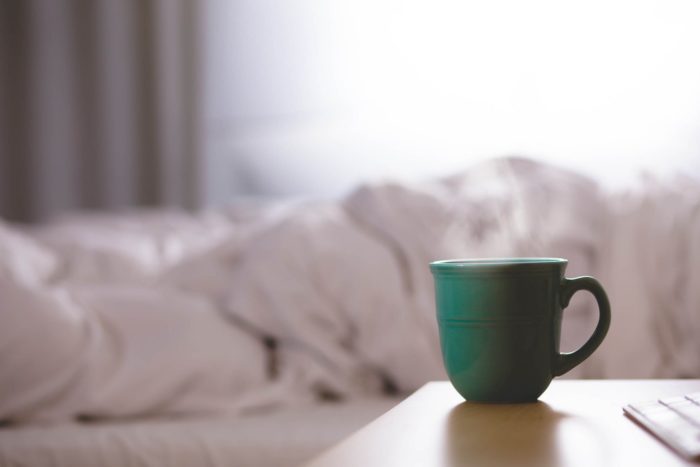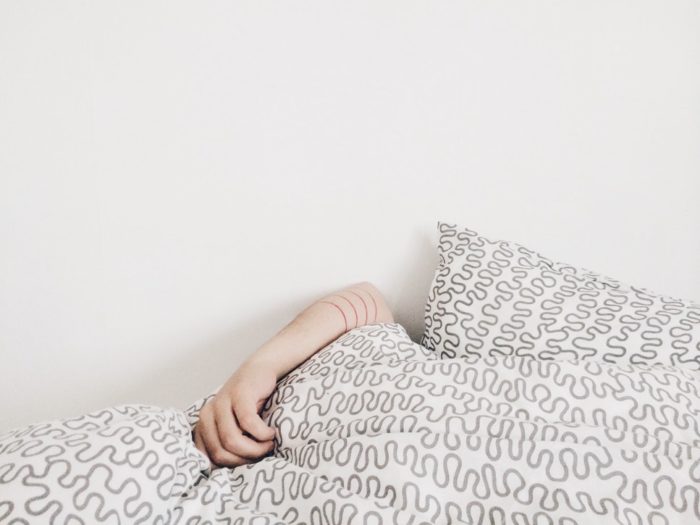By Teresita Then
Receptionist at Life Ready Mobile
“I couldn’t sleep again last night.”
Have you tried counting sheep? Alcohol, perhaps?
How about chamomile tea? Some warm milk?
Every so often we hear of people with sleeping problems, or we ourselves face those and are given advice which is likely examples of experiences from others or folkloric tales.
Have you ever wondered if these so-called facts or myths hold any truth to them?
COUNTING your sleep?
While counting sheep may be the universal advice you will hear when someone has trouble sleeping, it has not been positively proven to help stimulate sleep. In fact, the opposite may be true. According to Michael Decker, sleep specialist at Case Western School of Nursing, he believes that counting sheep triggers our thoughts process to keep track of the number of sheep, and for some, it takes brainpower to imagine sheep jumping over fences. Albeit, it’s not all useless. If your difficulty of sleeping is because you’re swamped with 1001 things on your mind, counting sheep can serve as a distraction without overstimulating your anxious brain. On the other hand, a behavioural research study showed that it is more fruitful to induce sleep by conjuring calm, relaxing scenes when trying to fall asleep. (1)
MILKING your way to bed?
The next common remedy is drinking a warm glass of milk before bed. The theory behind this is that milk contains amino acid tryptophan, which converts to serotonin, a hormone believed to be sleep-inducing. However, contrary to the schools of thought, milk is unlikely to stimulate sleep because of its insufficient tryptophan levels along with other processing factors affecting the availability of tryptophan in the brain in order to boost serotonin production. (2)
Time to WINE down?
Contrary to popular belief that alcohol puts you to sleep – although alcohol encourages the transition from wakefulness to sleep – it is known to disrupt your sleep rhythms, resulting to more arousals at night. Hence alcohol, does in fact, reduce the quality of your sleep. Do think twice before downing a glass when you’re in hopes of a restful sleep.
Is it STEEP time?
We are often advised to choose chamomile tea at night if we do not want sleep to be affected. Indeed, history and studies have shown that chamomile has sedative properties and is used as a relaxant to decrease anxiety. This is because it contains an antioxidant, apigenin which can help initiate sleep (3). Conversely, if you are allergic to pollen, beware as it may cause an allergic reaction. You wouldn’t want to trigger any allergies before sleep!
There are so many varying opinions of different food remedies or habits that can induce sleep. Ultimately, what may or may not help depends on the individual themselves. More often than not, these theories worked because of their placebo effects. When a person deems the substance to be helpful, it takes away the worry and convinces them that it would aid sleep. Conclusively, no matter what method you choose, the key is to relax and ease your mind from anxieties before bedtime, and the rest will kick in.
References
- Harvey A.G., Payne S., The management of unwanted pre-sleep thoughts in insomnia: Distraction with imagery versus general distraction. Behavioural Research and Therapy 2002; 40 (3): 267-277.
- Wurtman R.J. et al. Effects of normal meals rich in carbohydrates or proteins on plasma tryptophan and tyrosine ratios. Am J Clin Nutr 2003; 77: 128-132.1
- Avallone R., Zanoli P., Corsi L., Cannazza G., Baraldi M. Benzodiazepine compounds and GABA in flower heads of matricaria chamomilla. Phytotherapy Res 1996; 10: 177-179.


